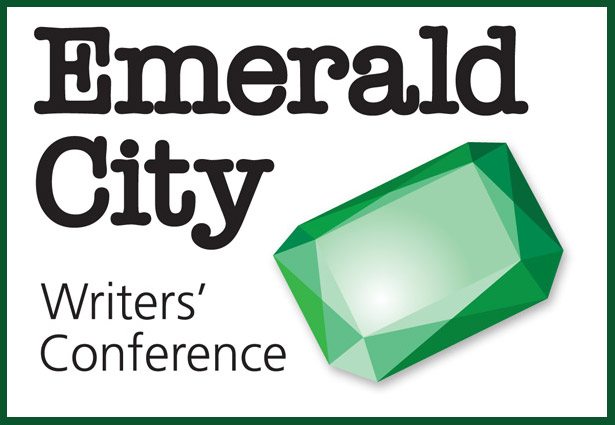
Imagine a convention of comic book creators, everyone from amateurs to the most prominent names in the business. Imagine if it included elements like this, for example:
- A panel on How to Write Dialogue by Brian Michael Bendis
- Marjorie Liu is the keynote speaker the next day, talking about how comics changed her life.
- A panel on How to Create Noir by Ed Brubaker and Sean Phillips
- A seminar on How to Create Panel by Panel Movements by Cliff Chiang
- A panel by Kelly Sue DeConnick on how to draw on female myths for feminists stories.
- The braintrust behind Womanthology has an hour-long seminar on how to use Kickstarter to begin a comic career.
- DC, Marvel, and all the other big comic publishers are available for ten-minute pitch sessions from aspiring comic creators, with sign-ups conducted and run by the con in a smooth manner.
- Comic book publishers have spotlights about what they’re looking for in new stories and what they hope to see in submissions.
- Comic book editors, published writers and aspiring writers all hang out together at the bar and no one bothers anyone who shouldn’t be bothered, even if they’re Scott Snyder or Jim Lee or Kelly Sue DeConnick or Christopher Priest or Gilbert Hernandez.
Does that sound like an impossible dream, especially for aspiring writers who want to learn their craft?
Maybe for comics, where mentorship is informal and it takes some Googling online to find resources for how to write and draw comics from those who’ve done it successfully and where finding paid freelance work seems to depend on networking as much as talent.
But this is the reality in the romance genre. This is exactly what happened at the national Romance Writers Convention which took place one week before Comic-Con rolled into San Diego. This is a con where successful writers, publishers, and editors share their information and time with writers at all levels, where newbies go to be inspired and where long-time attendees know to pay it forward. Think I’m exaggerating? Check out the workshop schedule.

I have a theory that one of the reasons that the romance genre is a $1.8 billion business is because authors in the genre grow the next generation and that generation, in turn, teaches the next.
Within RWA, authors have a place to go where they can learn to hone their craft, learn about business practices, learn about everything self-publishing involves, and network with industry professionals who don’t mind hanging out with someone new because, hey, this year’s new person may be next year’s publishing phenomenon.
There is little sense of competition and much more awareness that one successful book is good for the health of the genre as a whole.
Or, as Beverly Jenkins put in in the Love Between the Covers documentary, “we are the sh**.”
RWA was founded by a small group of authors who recognized the need for organization in a genre largely ignored by the mainstream. Today, the organization has over 10,000 members and over 145 chapters all over the world. Besides the national conference, there are monthly chapter meetings with workshops, often on writing craft, and numerous regional conferences, all with the same model of authors teaching authors, with the occasional expert as well. Membership is approximately $100 per year, with anywhere from $20-$35 to belong to a specific chapter. The cost of registering for RWA National runs between $400-$500. But much of the same information to be had at the conference can be had at regional chapter meetings. You don’t have to be published to join. You don’t even have to be a romance author. Though the RWA is focused more on romance writing, often the craft and networking skills learned can be applied to any genre. If you don’t write romance, the only drawback is that you can’t serve on a local or national board and you can’t vote. All the mentoring remains open to you.

I contrast what I’ve learned in RWA that to the thousands of questions I see on Tumblr and Facebook and in comic forums about how to learn to write comics, or market them or publish them, or gain an audience for them. Some creators have made great efforts to help aspiring writers–Gail Simone’s put together a Comics Survival Kit and there are many pros who are generous with their time and energy–if they have any available.
But there’s no formal process in the comics industry. It’s basically a vast swath of un-networked writers and artists feeling around on their own looking for a path to publication. Sometimes creators are found, but many times people doing excellent work and investing in their own comics to present a porfolio for paying gigs have to rely on chance to be discovered.
And the comics industry is the poorer for that because it’s not nurturing that next generation of voices.
I have no idea how the comics community could set up the dream convention that I listed above but RWA started with basically six women who didn’t like having little to no voice in the romance industry. Their conference, held this year in San Diego just the week before the more publicly known Comic-Con, has up to 2,000 attendees and often sells out.
If the comic community could do something like RWA, I suspect it would be a more cohesive community and, most important, we would not lose some of those storytellers with unique voices who might be running into brick walls.
And there are never enough good stories in the world. I would hate to lose even a single one.


